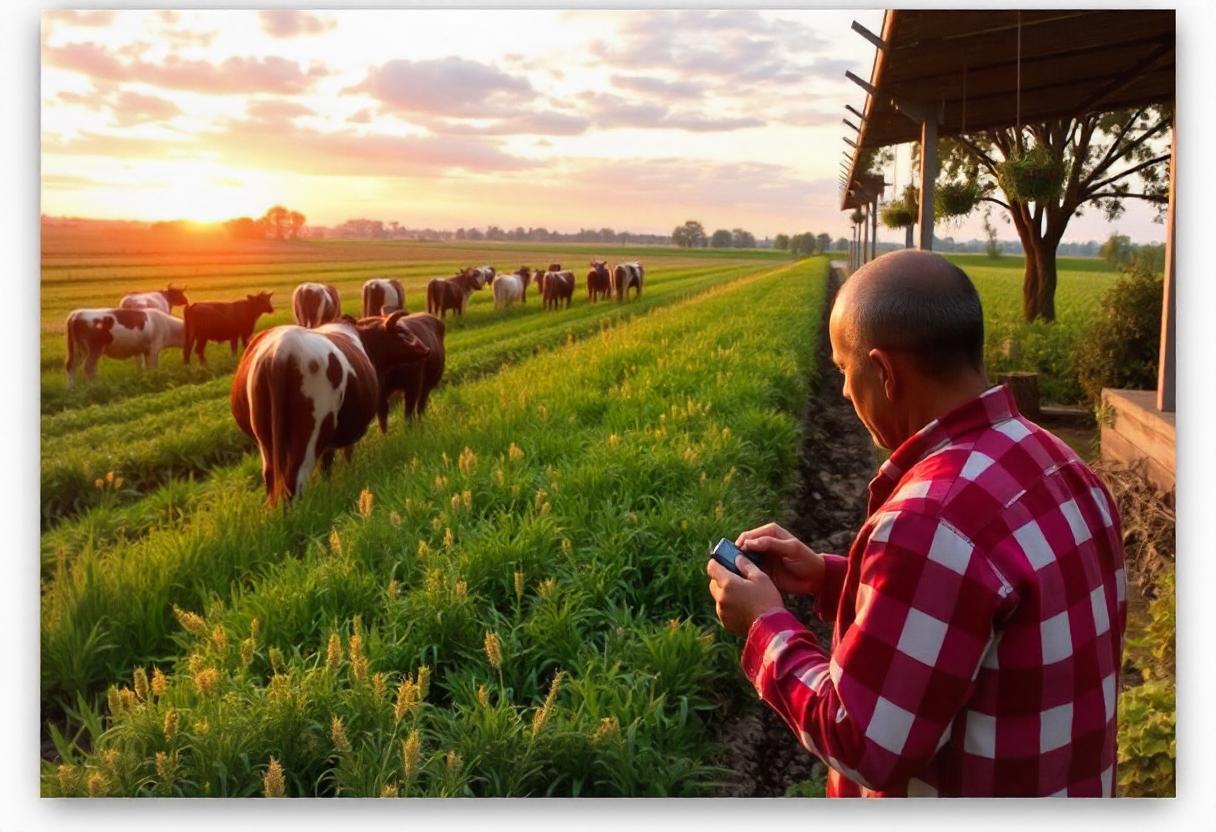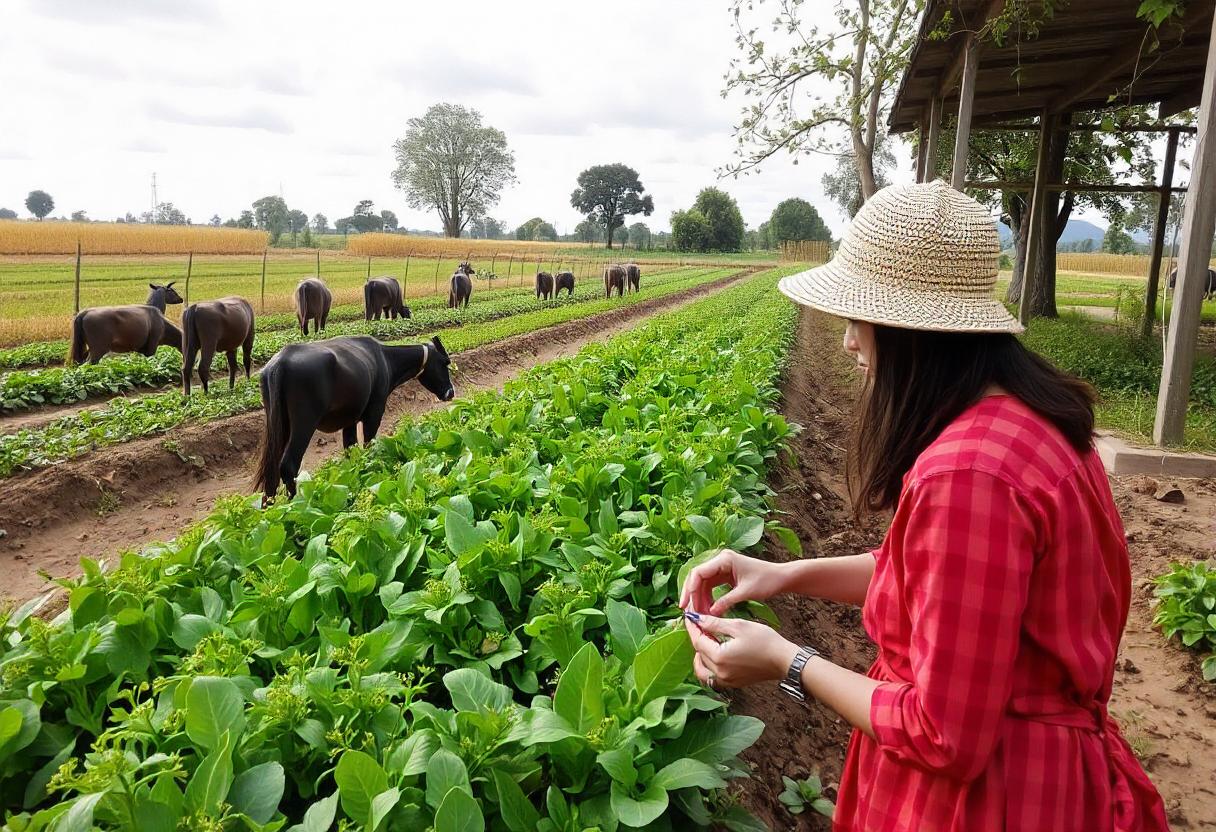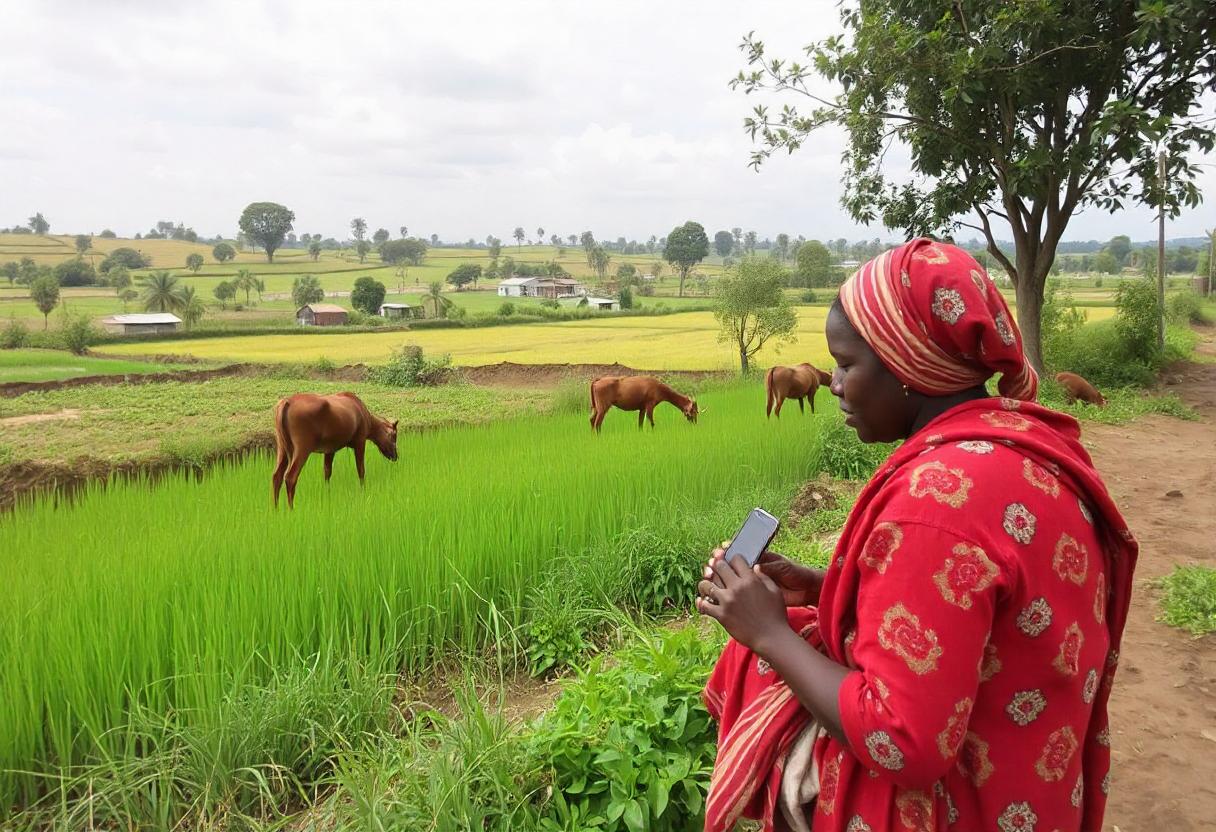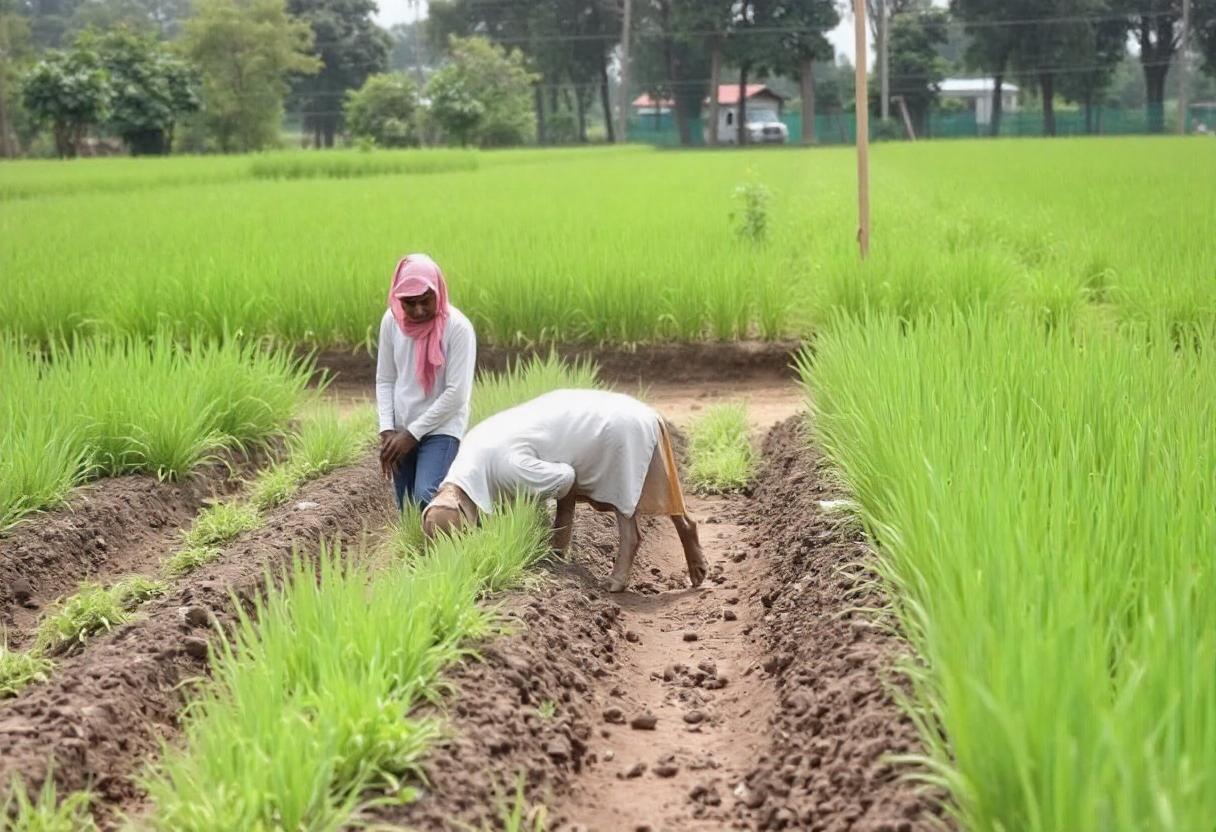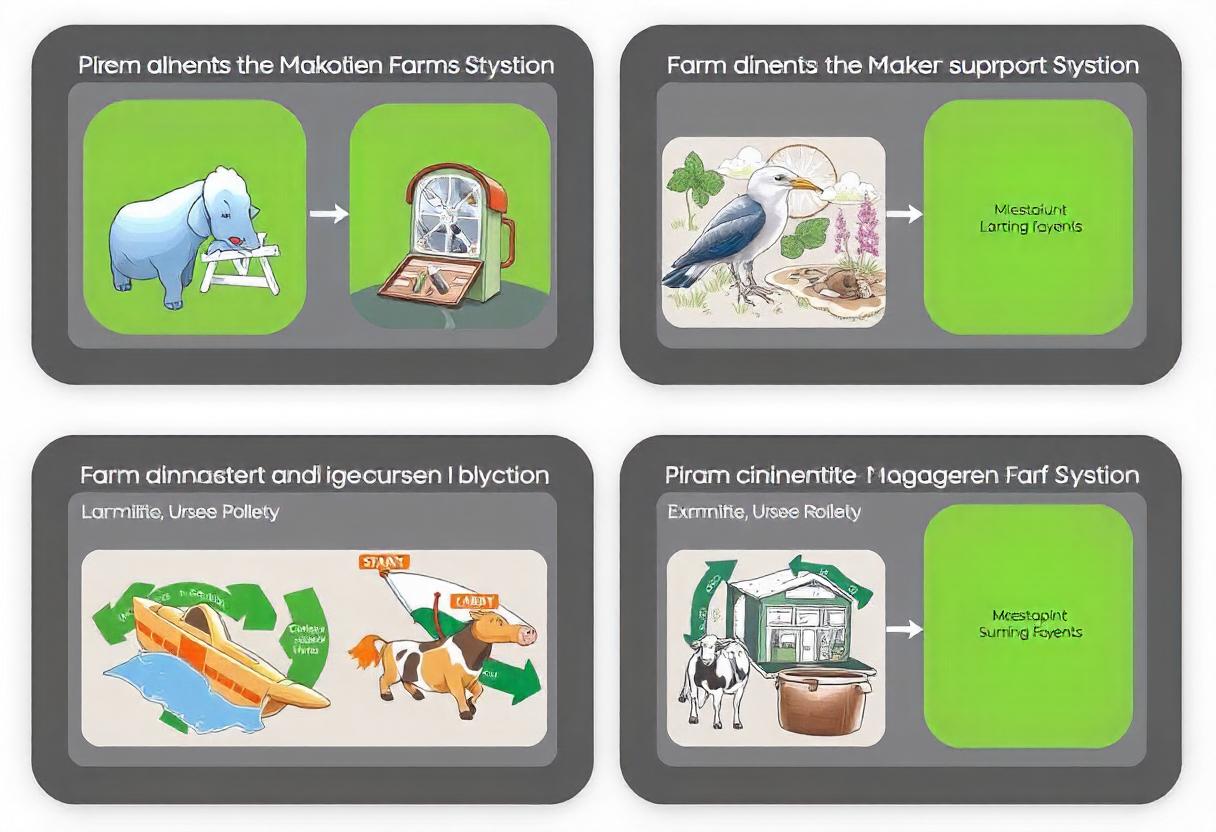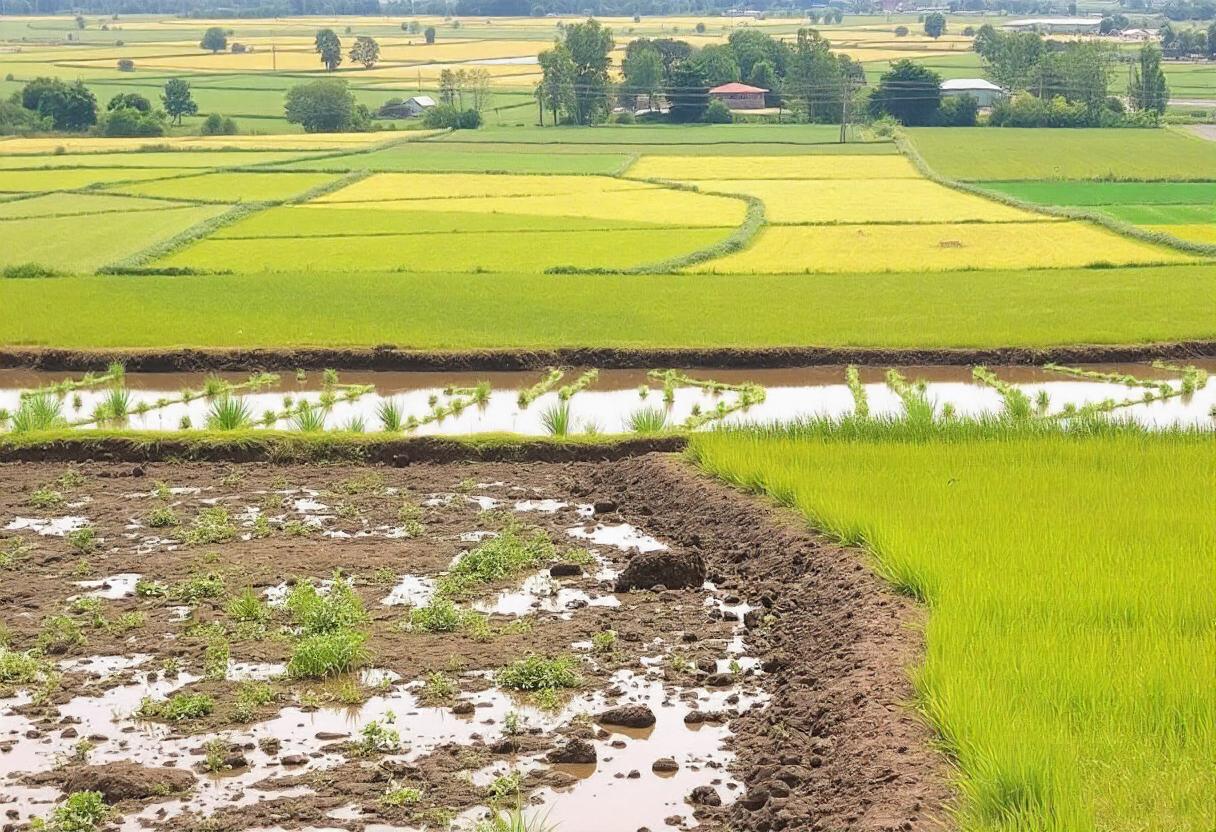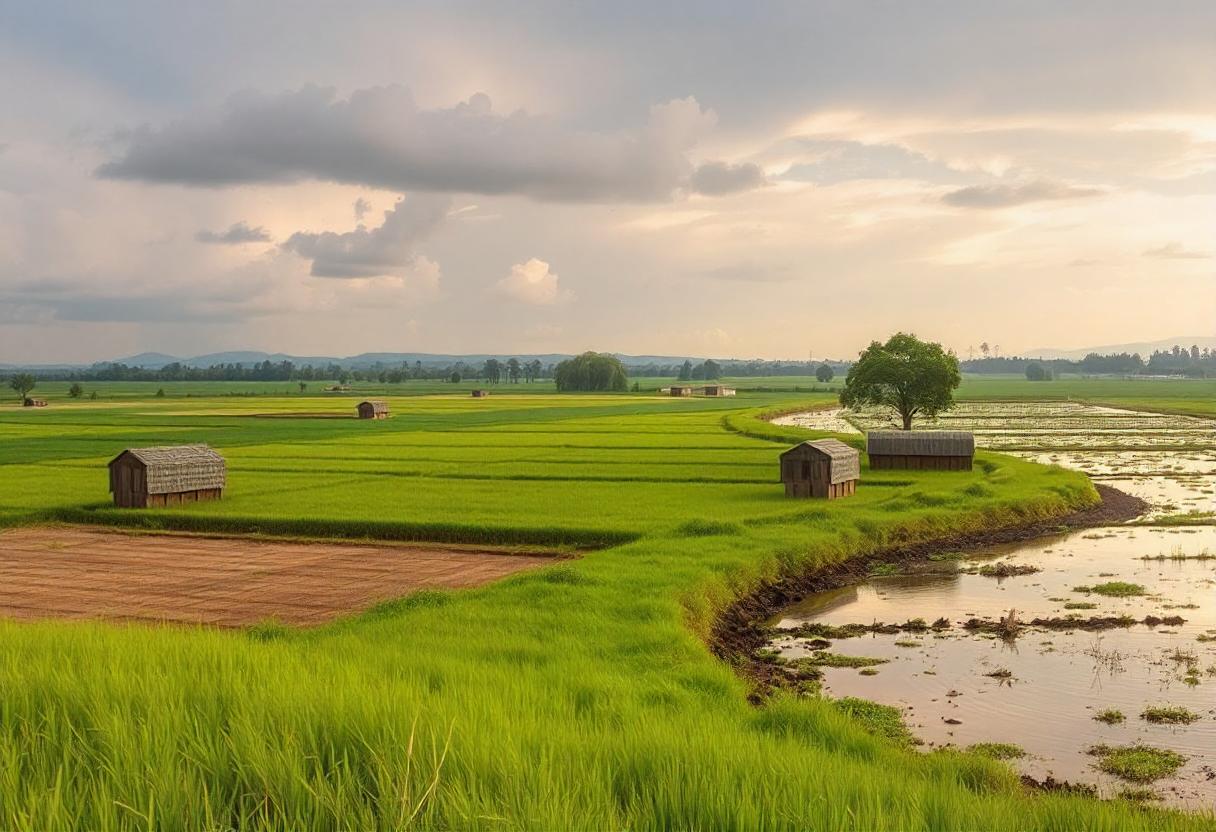Introduction To Agricultural Risk Management
Agriculture is a vital sector for many economies, but it is inherently risky due to various factors like unpredictable weather, market fluctuations, and pest infestations. Effective risk management is crucial for farmers, agribusinesses, and policymakers to sustain productivity and ensure food security. Types of Risks in
Learn MoreIntroduction To Ecological Farming Practices
Ecological farming refers to agricultural practices that seek to maintain the balance between farming and the environment. Unlike conventional methods, which rely heavily on synthetic chemicals and monoculture, ecological farming promotes sustainable methods that protect biodiversity, improve soil health, and support ecosystems. This approach integrates natural
Learn MoreIntroduction To Land Tenure And Property Rights In Agriculture
Land tenure and property rights play a crucial role in agricultural development. These systems define how land is owned, accessed, and utilized, directly impacting agricultural productivity and rural livelihoods. In many regions, particularly in developing countries, land tenure systems can be complex and diverse, shaped by
Learn MoreImpact Of Agricultural Monopolies On Small Farmers
Introduction Agricultural monopolies refer to the dominance of a single or a small group of corporations in the agricultural sector, controlling significant aspects of production, distribution, and pricing. While these entities can benefit from economies of scale and contribute to feeding the world’s population, their rise
Learn MoreIntroduction To Traditional Knowledge In Modern Farming
Traditional knowledge refers to the wisdom, practices, and skills developed over generations, often by indigenous and local communities. This knowledge has been shaped by years of observation, experimentation, and adaptation to the natural environment. While modern farming relies heavily on technology and scientific advancements, traditional knowledge
Learn MoreFarm Management And Decision Support Systems
Introduction to Farm Management Farm management involves the strategic planning, implementation, and monitoring of agricultural practices to maximize productivity, sustainability, and profitability. It requires a systematic approach to resource allocation, crop planning, livestock management, and financial oversight. Effective farm management balances the technical, financial, and environmental
Learn MoreFarming On Marginal Lands
Introduction Farming on marginal lands has become an essential practice in regions where fertile land is scarce. Marginal lands refer to areas that are not typically suitable for conventional agriculture due to factors such as poor soil quality, limited water resources, or challenging topography. However, with
Learn MoreImpact Of Agricultural Subsidies On Global Trade
Introduction Agricultural subsidies are financial supports provided by governments to farmers and agribusinesses to enhance the production and competitiveness of agricultural products. These subsidies play a significant role in shaping global trade, as they influence market prices, production levels, and trade patterns. While they aim to
Learn MoreRural-Urban Linkages In Agriculture
Rural-urban linkages in agriculture refer to the dynamic relationships between rural and urban areas that are essential for the overall development of agriculture and food systems. These connections facilitate the flow of goods, services, information, labor, and capital, which can positively impact both rural and urban
Learn MoreAgriculture Marketing And Branding
Marketing and branding in agriculture play a crucial role in the success of agricultural businesses, helping to distinguish products and build consumer trust. With increasing competition and globalization, effective marketing strategies have become essential to meet consumer demands and enhance the visibility of agricultural products. Below,
Learn More